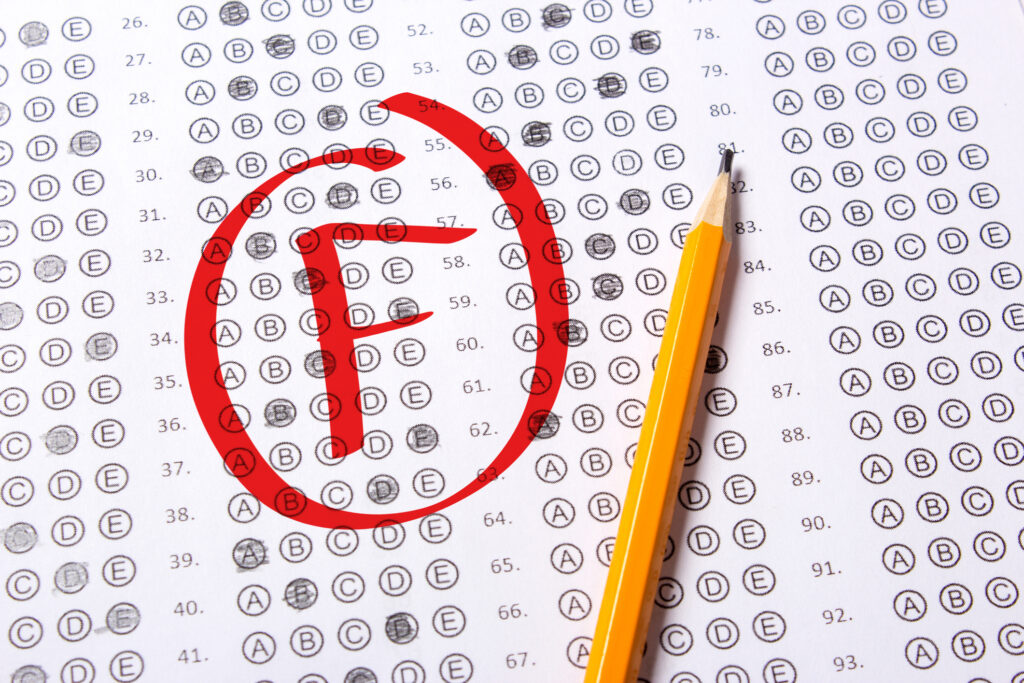CNSNews.com Commentary
January 21, 2008

Last December, President Bush signed an energy bill that will ban the sale of Edison’s incandescent bulb, starting with the 100-watt bulb in 2012 and ending with the 40-watt bulb by 2014. You say, “Hey, Williams, what’s wrong with saving energy, reducing our carbon footprint and stopping global warming?” Before you get too enthused over governmental energy-saving efforts, you might ponder what’s down the road.
The California Energy Commission has recently proposed amendments to its standards for energy efficiency (www.energy.ca.gov/2007publications/CEC-400-2007-017/CEC-400-2007-017-45DAY.PDF). These standards include a requirement that any new or modified heating or air conditioning system must include a programmable communicating thermostat (PCT) whose settings can be remotely controlled by government authorities. A thermostat czar, sitting in Sacramento, would be empowered to remotely reduce the heating or cooling of your house during what he deems as an “emergency event.”
Say you disagree with the czar’s temperature setting for your house, the California Energy Commission is one step ahead of you with the provision: “The PCT shall not allow customer changes to thermostat settings during emergency events.” In other words, the thermostat must be configured in a way that doesn’t allow the customer to override the czar’s decision.
Some people might agree with this level of government control over their lives, but if these amendments become law, you can safely bet there are other intrusive energy-saving proposals waiting in the wing. For now California’s energy Nazis are simply testing how much intrusiveness Californians will peaceably accept. I can easily imagine California’s Energy Commission requiring remotely controlled main circuit breaker boxes that control all of the electricity coming into your house. That would enable the energy czar to better manage your electricity use.
Say you’re preparing a big dinner. The energy czar might decide that you don’t need so much heat in the rest of the house. Or, preparing a big dinner might mean the energy czar would turn off the energy to your washing machine and dryer while the electric stove is on.
There’s no end to what the energy czar could do, particularly if he enlists the aid of California’s Department of Health Services. Getting six to eight hours sleep each night is healthy; good health lowers health costs. So why not make it possible for the energy czar to turn the lights off at a certain hour? California’s Department of Education knows children should do their homework after school rather than sit playing video games or watching television. The energy czar could improve education outcomes simply by turning off the television, or at least turning off all non-educational programs. Of course, there could be a generous provision whereby if an adult is present, he could use a password to operate the television.
You say, “Williams, you must be mad. All that would never happen.” That’s the same charge one might have made back in the ’60s, when the anti-tobacco movement started, if someone predicted that the day would come when some cities, such as Calabasas, Calif., would outlaw smoking on public streets. Back in the ’60s, had someone predicted that there’d be bans on restaurants serving foie gras; citations for driving without a seatbelt, that the government said would be unnecessary if cars had airbags; and school bans on kids having peanut butter sandwiches in their lunchbox, I’m sure people would have said that would never happen.
California’s Energy Commission, along with its legislature, has the power to mandate that all existing — as well as new — heating and cooling devices have programmable communicating thermostats by 2009. After all, it’s never too early to start saving energy or prepare for an “emergency event.” The reason they won’t is because they would encounter too much political resistance. Their agenda is far more achievable using techniques dear to all tyrants: There’s less resistance if liberty is taken away a little bit at a time.
Walter E. Williams is a professor of economics at George Mason University in Fairfax, Va., and a member of the Board of Advisors for the Media Research Center’s Business & Media Institute. The views expressed are those of the writer.
Copyright 2008, Creators Syndicate, Inc.



